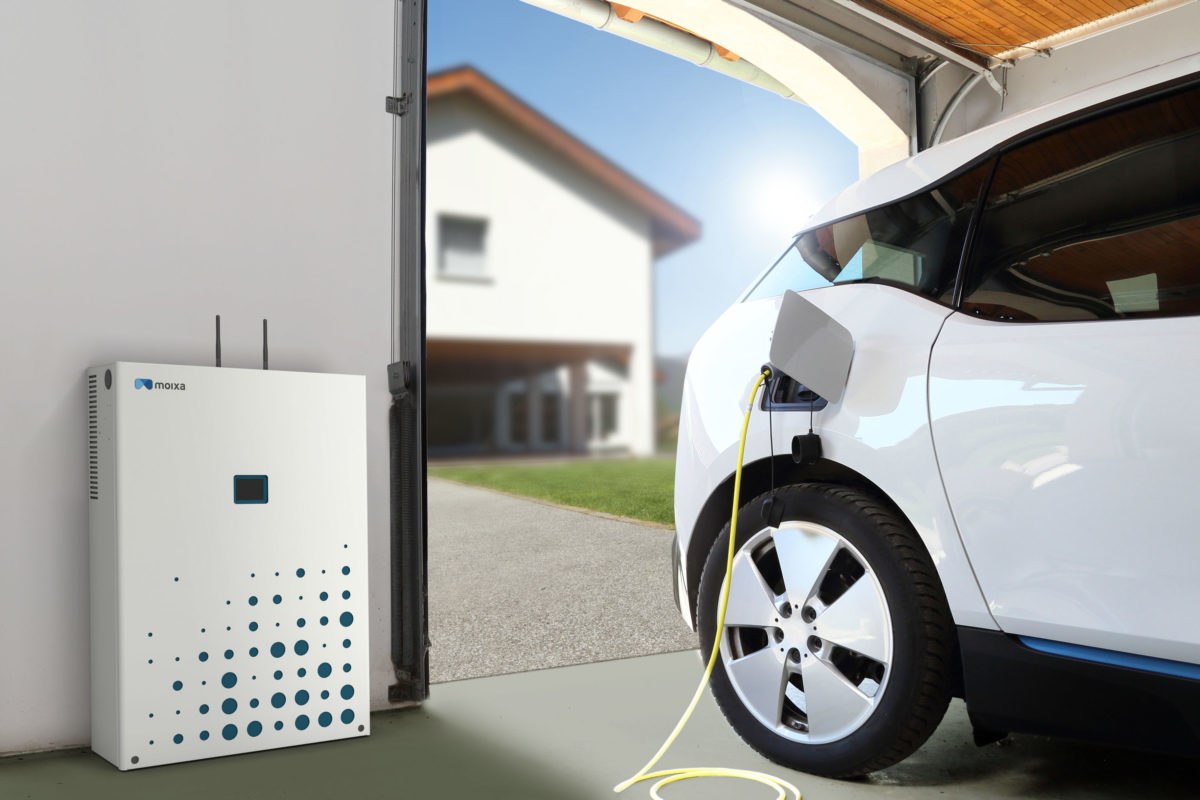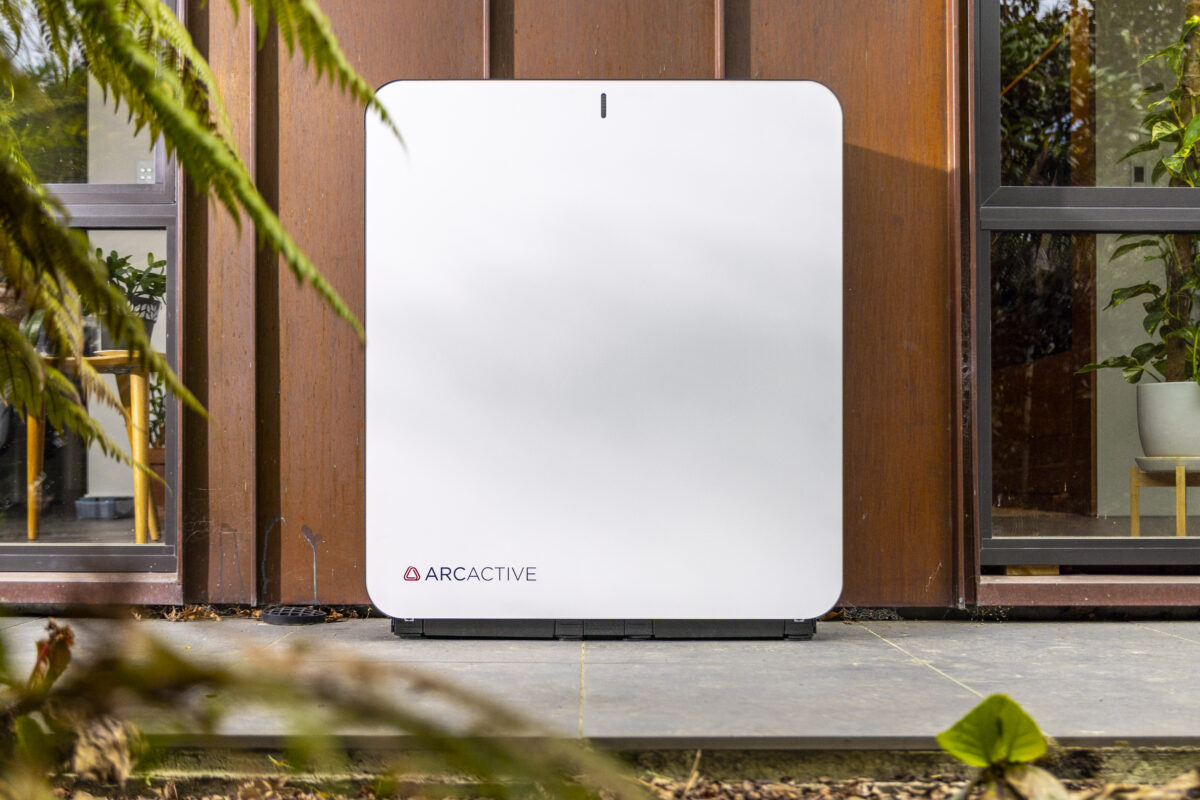Origin Energy is getting behind electric vehicle uptake in Australia, approaching EVs and their chargers as potentially flexible suppliers of distributed energy resources. The Australian Renewable Energy Agency (ARENA) announced on Friday it would provide an $838,000 grant towards Origin’s proposed $2.9 million smart-charging trial, which has the objectives of demonstrating the many benefits of EVs to consumers, and the potential for cost-effectively managing the demand that EVs are expected to place on the National Electricity Market (NEM) in coming years.
The trial will provide 150 smart chargers to current EV owners and EV fleet managers, and connect them to Origin’s virtual power plant (VPP) platform — an initiative it pioneered in late 2018, in partnership with the Victorian Labor Government.
“Origin has developed a leading VPP platform orchestrated using artificial intelligence, with a wide range of distributed assets, such as storage, residential air-conditioning systems, hot water systems, pool pumps and industrial coolers,” said Origin Executive General Manager of Future energy and Technology, Tony Lucas in a statement.
Under the trial, the platform will be enabled to remotely direct chargers to charge, stop charging, or adjust their speed of charging to coincide with times of lowest wholesale energy prices.
“We want to get people thinking about EVs as more than just a car and saving on petrol,” said Lucas, who cited additional consumer benefits such as the energy storage that the EV battery could provide to homes and businesses, and participation in grid-stabilisation services via the VPP.
These value streams are expected to “significantly reduce payback periods and improve the economics of EV ownership for many Australians”, Lucas added.
Why handing over the keys to your EV battery is worthwhile
ARENA anticipates the trial will also contribute to understanding of EV driver behaviour and willingness to accept third-party control over the potential huge energy resource and load that will start to take residence behind Australia’s garage doors in around 2023.
Darren Miller, CEO at ARENA said the trial will help demonstrate how the electricity grid in Australia can successfully integrate increasing numbers of EVs and at the same time limit the need for network expansion which typically comes at a high cost to network service providers and ultimately to energy consumers.
To deliver the two-year trial, Origin will partner with vehicle manufacturers Hyundai and Nissan; fleet managers Custom Fleet; electrical infrastructure provider Schneider Electric; electricity distributors Ausgrid and United Energy; and Netherlands-based smart-charging solutions provider GreenFlux.
Recruiting European cloud control of charger infrastructure
GreenFlux specialises in flexible management of EV charger demand to correlate with grid capacity via a cloud-based platform. It envisages EV battery storage providing significant off-peak capacity to absorb renewable energy production and thereby reduce overall emissions.
Between 2017 and 2019 GreenFlux participated in a similar pilot project in Europe, which bore the acronym INVADE. Involving charge points across residences and businesses in five European countries, it demonstrated savings to one commercial fleet of a quarter of a million Euros by managing its charging and thereby avoiding the costs of grid reinforcement.
Among the conclusions of the INVADE demonstration: “The flexibility that electric cars can offer, especially if there are millions of them, is of great value for the energy system. The INVADE project has shown that if the solutions are scaled up to a situation in which all cars will be electric, the total flexible power that electric cars can offer will be six to nine times greater than our current total power demand per day.”
But where are our EVs?
While the ARENA-backed trial gains insights into the kinds of incentives needed to encourage EV-owner participation in charge-management programs, the Australian Government continues to lag behind other jurisdictions in encouraging EV uptake in the first place.
Research by the Climate Council and other agencies has shown that Australians support the reduction of taxes on electric vehicles and formation of policies to incentivise EV uptake.
Transportation accounts for almost 20% of Australia’s greenhouse gas emissions, making it the country’s second highest (after the electricity sector) source of emissions contributing to global warming. “EVs provide an opportunity to significantly improve Australia’s environmental performance,” says Lucas, “particularly if vehicles are charged using renewable energy”.
Origin will draw its 150 trial participants from New South Wales, Victoria, Queensland and South Australia. Details on how to apply will soon be available.
This content is protected by copyright and may not be reused. If you want to cooperate with us and would like to reuse some of our content, please contact: editors@pv-magazine.com.









Rather short sighted as this should be total house load and no reason the VPP needs to know what power is used or not, just total power changed.
And already outdated because the future isn’t load management but V2G, H2G generating into the grid on demand as much more important.
And no one needs to know how it was done, just that it is done.